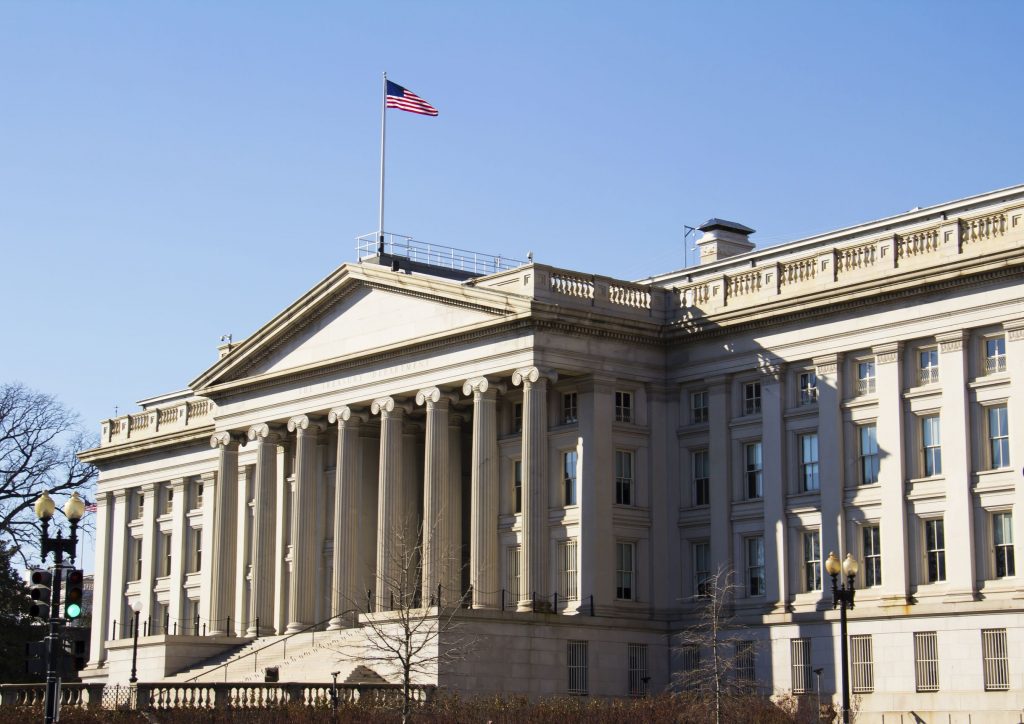
The practice of companies moving their corporate headquarters offshore in a bid to reduce their U.S. tax liabilities has been much discussed in political campaigns and the press lately.
Companies believe that the maneuver should not result in any additional US tax burdens. But the IRS disagrees, and has put in place various tax regulations to penalize companies that engage in the practice.
Now, two pro-business organizations are suing the Treasury Department, claiming that it doesn’t have the authority to impose the anti-offshoring tax rules.
Pro-Business Organizations Sue the Treasury, IRS
The U.S. Chamber of Commerce and the Texas Association of Business filed a lawsuit earlier this month, claiming that the U.S. Department of Treasury and the Internal Revenue Service are overstepping their boundaries by imposing tax penalties against companies that engage in inversion transactions, also known as offshoring of their tax headquarters. The organizations claim that such penalties harm their members, and even point to a potential merger which fell apart shortly after the penalties were announced.
Citizens Not Given Sufficient Time to Review the Changes
One of the principal contentions of the lawsuit is that the government failed to comply with regulations meant to give citizens adequate time to comment on such rule changes, which fall under the Administrative Procedure Act (APA).
Specifically, the new regulations include a rule which disallows consideration of stock issued by a foreign corporation when acquiring a U.S. based company in the three years before affirming a pending acquisition. Because the rule was immediately effective, the plaintiffs argued that it violated the APA.
No Taxes Yet Paid Under the Changes
A key factor in the Treasury Department’s defense against the lawsuit will likely be that it still has yet to issue any taxes under the new rules. This may allow the Treasury to assert that no harm has been done, as no parties have yet been required to pay the taxes, and none have done so. This argument follows from the Anti-Injunction Act.
Businesses may still be able to argue that they have been harmed, even though they have not yet had to pay the taxes. Still, experts say that with the regulations still not having been issued in their final form, it may be tough for the plaintiffs to prevail in court.



Leave a Comment